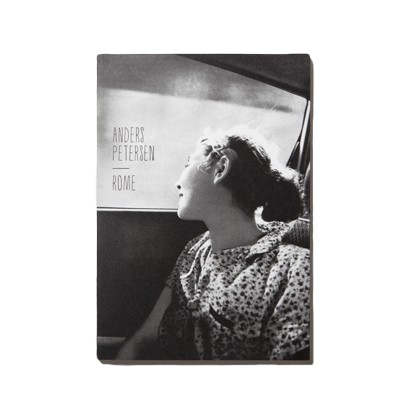Descrizione
[:it][..Questo progetto nasce da un forte legame verso un territorio e le sue comunità, cacciatori, uomini di cavalli e pastori, e da una storia di amicizia con alcune delle persone ritratte. Non vado a caccia e non so sparare, ma ho per le battute al cinghiale e la loro ritualità un grande rispetto. Negli inverni maremmani ho sentito molte storie di caccia, e riscoperto il racconto di Emilio Lussu “Il cinghiale del diavolo” che qui viene ripubblicato. Capalbio è per me una terra speciale che condensa molte delle cose che hanno attraversato la mia vita: la natura, la Sardegna, i cavalli e le corse, il mare, e uomini dalle facce piene di storia..]
Io non avrei mai creduto di poter sbagliare un cinghiale, a così piccola distanza. Quando ho sparato, il cinghiale era a sei passi.
Come, a sei passi? E non sei rimasto nel punto che ti avevo assegnato?
Sì, vi son rimasto. Ma il cinghiale non m’è venuto di fronte, come mi aspettavo, ma di fianco. Dopo il tiro di Giuseppe Testa-Rasa il cinghiale non ha proseguito dritto, verso gli olivastri, ma ha scartato a destra ed è rientrato nella foresta. Io ne avevo sentito i passi ed ero pronto. Non mi sembra vero.
Si alzò da terra e ricostruì la scena.
Io ero dritto, sicuro di me. Dicevo: se sbaglio questo cinghiale, mi faccio frate. Il cinghiale ha interrotto la corsa e si è fermato, sulla salita, ascoltando. E’ allora che ho sparato. Ho puntato al centro della spalla, da fermo. E l’ho sbagliato.
Da “Il cinghiale del diavolo” di Emilio Lussu
[:en]Marco Delogu
[..This project was born out of a close bond with a region and its community – horsemen and shepherds – and a story of friendship with some of the people portrayed. I don’t go hunting and I don’t know how to shoot, but I have a great respect for boar hunts and the rituals surrounding them. During the winters in Maremma, I heard many hunting stories and rediscovered “Il Cinghiale del Diavolo” by Emilio Lussu, which is republished here. Capalbio is a special land for me, which condenses many of the threads that run through my life: nature, Sardinia, horses and racing, the sea and men with history written on their faces…]
“I’d never have believed that I could have missed a boar at such short range. When I shot, the boar was just six steps away.”
“What do you mean, six steps away? Didn’t you didn’t stay where I told you to?”
“Yes, I stayed there. But the boar didn’t come at me from the front, as I was expecting, but from the side. After Giuseppe Testa-Rasa’s shot, the boar didn’t continue straight ahead, towards the oleasters, but swerved right and returned into the forest. I’d heard it coming and was ready. I can’t believe it.”
He got up off the ground and re-enacted the scene.
“I was standing up straight, very sure of myself. I said to myself, ‘If I miss this boar, I’ll become a monk.’ The boar stopped running and paused on the hillside, listening. That’s when I shot. I aimed at the centre of its shoulder, as it was standing still. And I missed.”
From “Il cinghiale del diavolo” by Emilio Lussu[:]






